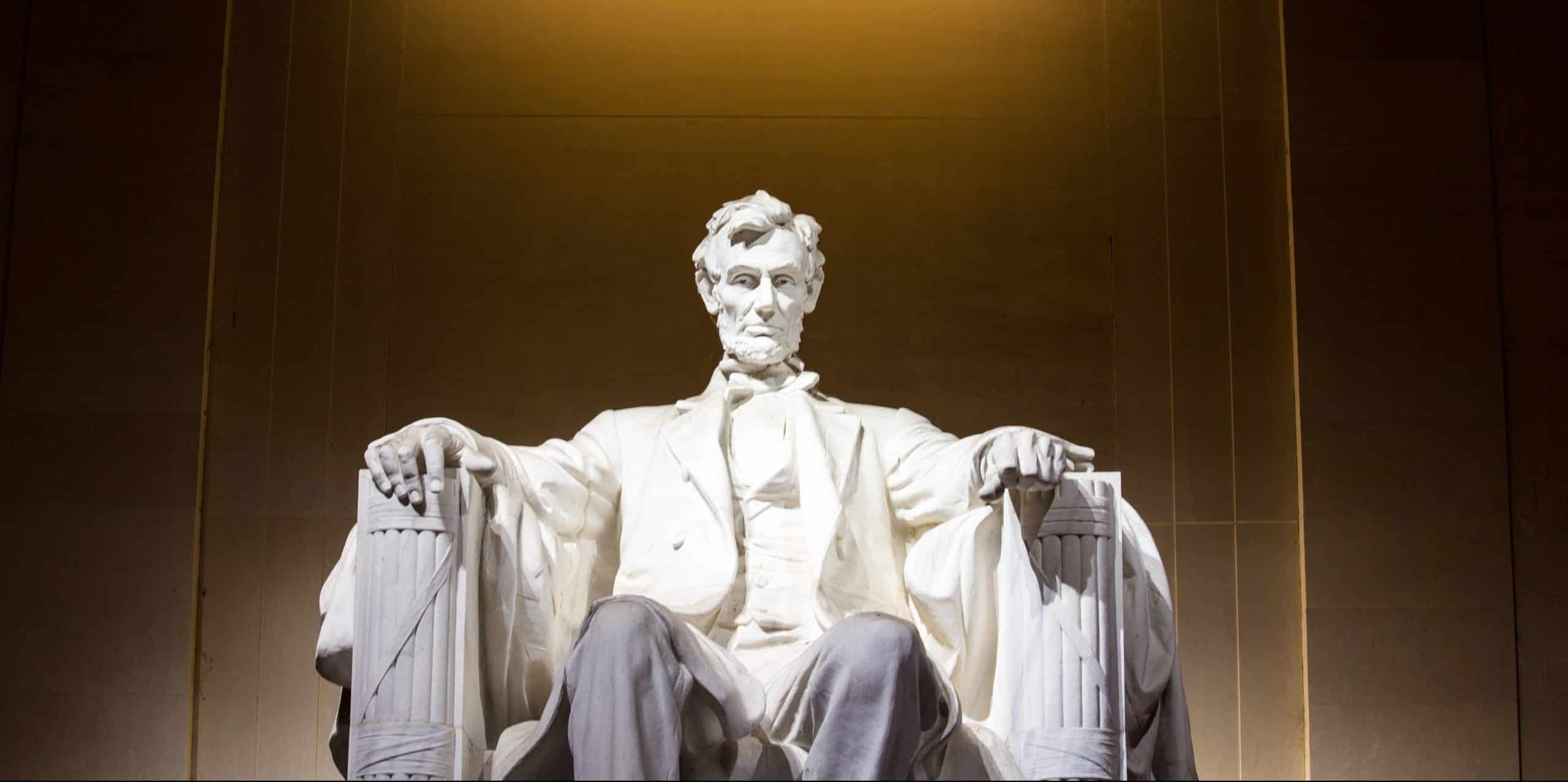Protecting Whistleblowers is a Bipartisan Tradition in the United States

The treatment of the Trump whistleblower complaint has whistleblower advocates worried about the effect on other potential intelligence community whistleblowers. The Trump whistleblower followed the procedures put in place for the Intelligence community, yet government officials refused to transmit the complaint to Congress. The President also quickly began a campaign to discredit the anonymous whistleblower, firing off retaliatory remarks, including questioning the whistleblower’s loyalty to the United States.
“If you work in the intelligence community, you must bring your concern to the inspector general before you go to Congress. If you work for HUD (Department of Housing and Urban Development), you can go right to your member of Congress or the committee that has jurisdiction over housing. Those are two major differences we see play out,” top whistleblower attorney David Colapinto, a partner at Kohn, Kohn & Colapinto (KKC), explained during an NPR interview.
The Trump whistleblower went through proper channels, and the IG deemed the allegations an “urgent concern” and reported it to the acting Director of National Intelligence (DNI). Under the law, the DNI is supposed to send the complaint to Congress. Not doing so creates a chilling effect for all potential whistleblowers.
“The First Amendment of the U.S. Constitution gives the American people the right to know about government misconduct. When our government is systemically violating the rights of its citizens, it often takes the courage of a whistleblower to alert the public to threats to our Liberty,” added Stephen M. Kohn, a leading whistleblower attorney and partner at KKC.

There is a significant historical precedent for the protection of whistleblowers demonstrating that the Founding Fathers strongly supported such protections. Kohn rediscovered the tale of the Whistleblowers of 1777 while researching for The New Whistleblower’s Handbook, uncovering America’s first whistleblower law. The story of brave sailors, who stood up to wrongdoing during wartime, thus risking their lives and livelihoods, is a prime example of the American spirit. Lawmakers agreed and rewarded their bravery. Rather than persecuting the whistleblowers for threatening “national security,” the Continental Congress sided with the sailors and acted swiftly to protect their rights. The Congress’s prompt and undisputed response is a far cry from how modern-day administrations treat whistleblowers.
Since the rediscovery of the first whistleblower law, the U.S. Senate unanimously passes a resolution recognizing July 30th as National Whistleblower Appreciation Day each year. The House joined this bi-partisan tradition this year by introducing its version of the resolution. It is this history of bipartisan Congressional support to protect whistleblowers that laid the foundation for yesterday’s historical action of the Senate and House. Both unanimously passed resolutions regarding the Trump whistleblower complaint.
The Senate unanimously voted a non-binding resolution saying that the Inspector General of the Intelligence Community must release the Whistleblower Complaint to the Senate and House Intelligence committees.
The Senate resolution directs the DNI to abide by the following procedures:
“The Select Committee on Intelligence of the Senate and the Permanent Select Committee on Intelligence of the House of Representatives should be allowed to evaluate the complaint in a deliberate and bipartisan manner consistent with applicable statutes and processes in order to safeguard classified and sensitive information.”
The House resolution also included language to stop retaliation against the whistleblower:
“President Donald J. Trump, his associates, and senior officials of the Administration immediately must cease their public efforts to discredit the Whistleblower, as well as others who may have knowledge with respect to the allegations contained in the Complaint.”
The passage of these resolutions is a complete bipartisan victory to uphold the law on whistleblower disclosures to Congress.
Latest News & Insights
February 16, 2026
January 27, 2026





